- Source:
- © YouTube / © The Anime Man / @TheAn1meMan
- Tags:
- anime YouTuber / Interview / Joey Bizinger / Pop Team Epic / The Anime Man / The Fruit of Grisaia / voice acting / YouTube
Related Article
-

Did Kizuna Ai Get An Upgrade? No, It’s New Virtual YouTuber YUA!
-
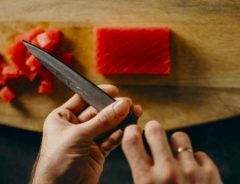
Chef YouTuber shows how to prepare giant seafood catches to make mouth-watering Japanese cuisine
-
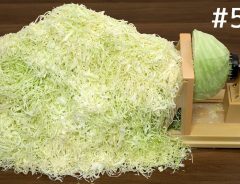
Internationally popular YouTube channel shows off unique Japanese gadgets and knickknacks
-
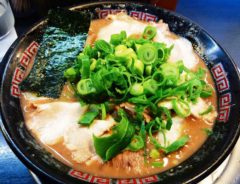
The Thickest Tonkotsu Ramen In Japan!
-
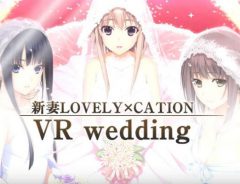
Marrying VR Anime Characters In Japan Makes For A Pretty Empty Wedding Ceremony
-
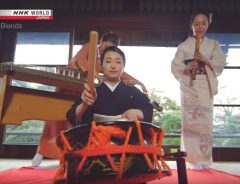
An Awesome Traditional Japanese Instrumental Cover Of “Back in Black” By AC/DC



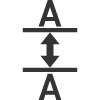



















 EN
EN  JA
JA 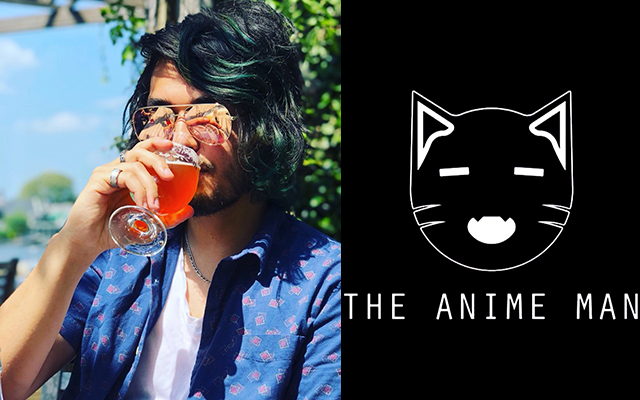


To anime fans, he probably needs no introduction. The Japanese-Australian YouTube personality Joey Bizinger, known throughout the anisphere as The Anime Man, is probably the most recognizable name in the anime-focused YouTube community, his channel boasting over 1.5 million subscribers at the time of writing. As anime has become more mainstream internationally, his fan base continues to grow, attracted to his videos in which he discusses and reviews anime, as well as other aspects of Japanese culture, all in an irreverent and humorous style.
In addition to creating popular videos on his channel, The Anime Man keeps busy with appearances at anime conventions (for example, Anime Expo in LA and NicoNico Choukaigi in Japan) and voice acting. In fact, he has the distinction of being the first male YouTuber to voice act in a Japanese anime, Pop Team Epic, earlier this year.
Interview
We sat down with The Anime Man at a coffee shop in Shinjuku to find out more about the unique set of circumstances and experiences that contributed to his success, his experience voice acting in Pop Team Epic and his thoughts on the Japanese voice acting industry.
The Man Behind The Legend: Aussie Upbringing
From School Project to YouTube Channel
Source: YouTube, The Anime Man
Landing a Role In Pop Team Epic
(C) bkub Okawa / (C) Takeshobo Co., Ltd. / (C) King Records Co., Ltd.
Voice Acting in Japan
The Anime Man
In the unlikely event that you're not already subscribed to The Anime Man's YouTube Channel, check the link below along with links to his other social media accounts:
Source: Joey (@TheAn1meMan)
Announcements
The Anime Man is now conducting a Top 100 Manga Poll. Please view his video and, if you feel so inclined, participate in the poll here.
The Anime Man has also been doing a lot more gaming on Twitch lately, so if you're into games, please check out his channel here.